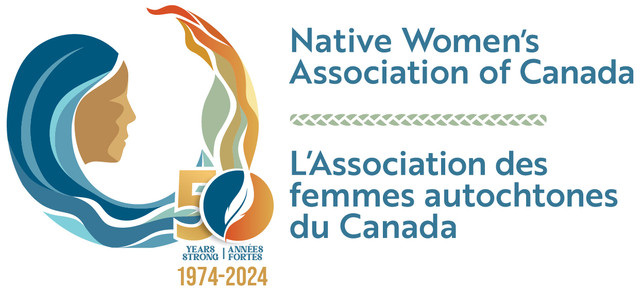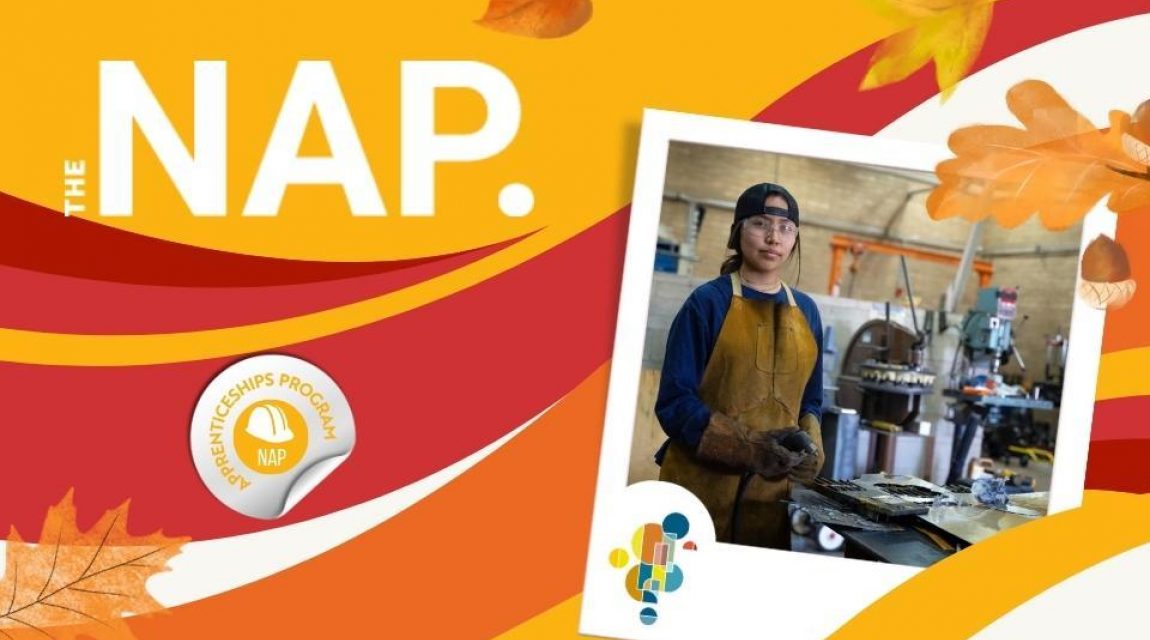The National Apprenticeships Program (NAP), funded by the Government of Canada, continues to lead engagement sessions and meetings with Indigenous communities from coast to coast to coast. NAP brings a message of hope to these sessions and meetings.
Indigenous women and gender-diverse individuals who go through the program earn good wages, become a member of their union, and, most importantly, have acquired the competencies they need to address the infrastructure needs of their communities … whether it’s developing housing, building roads, or erecting schools.
We have heard incredible stories of achievement from Indigenous communities that have benefited from NAP. We have met journeywomen who entered a skilled trade as a plumber or millwright late in life as an apprentice and were able to transfer their skills to their own communities. And, we have seen how empowered this has made the Indigenous women and gender-diverse graduates feel.

